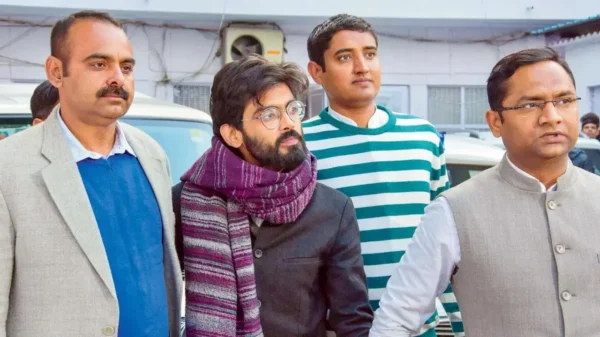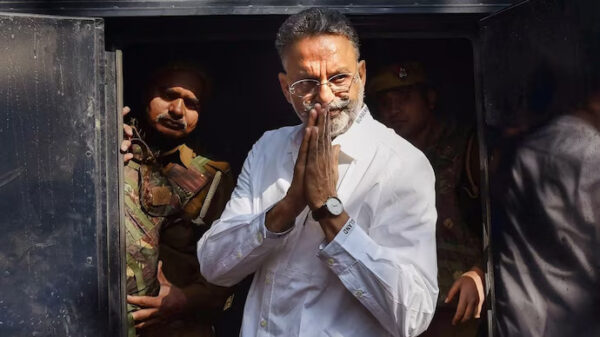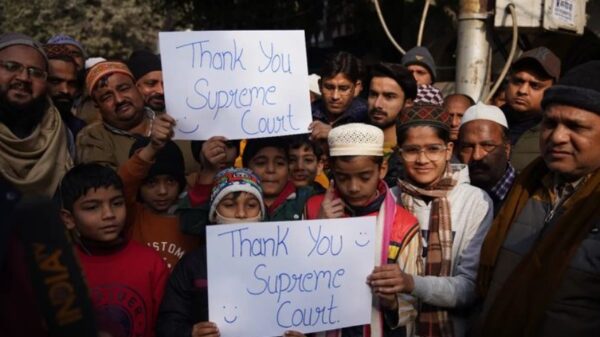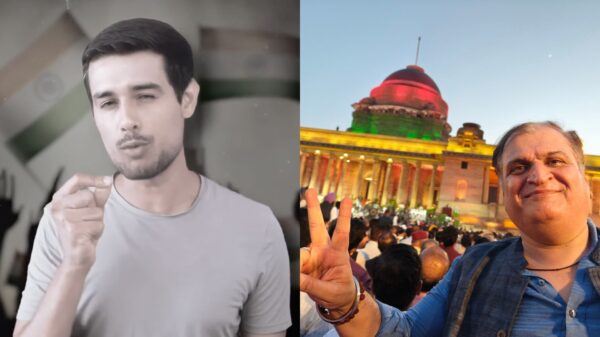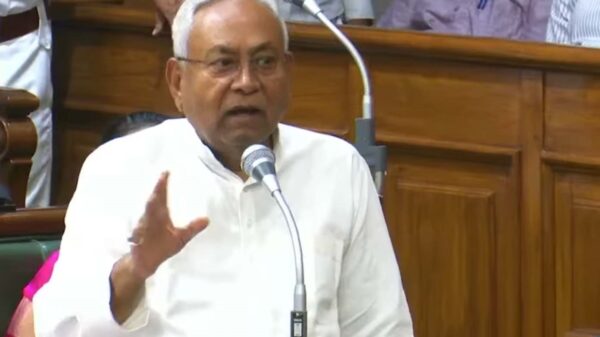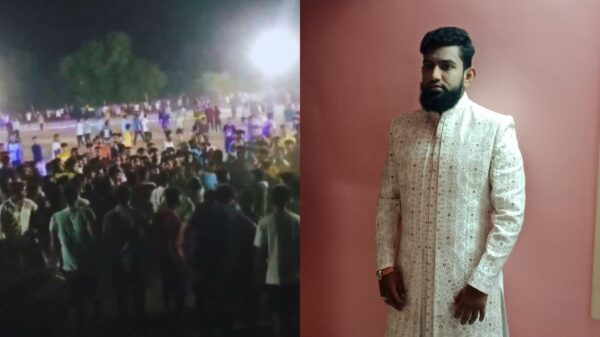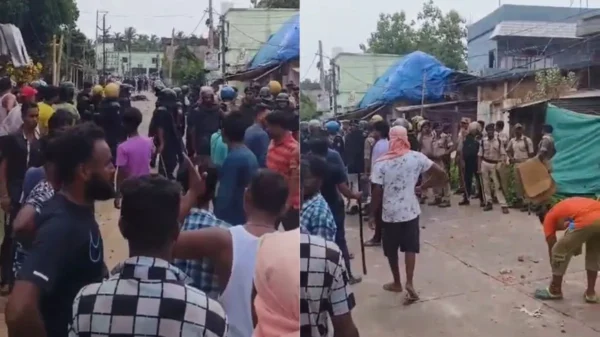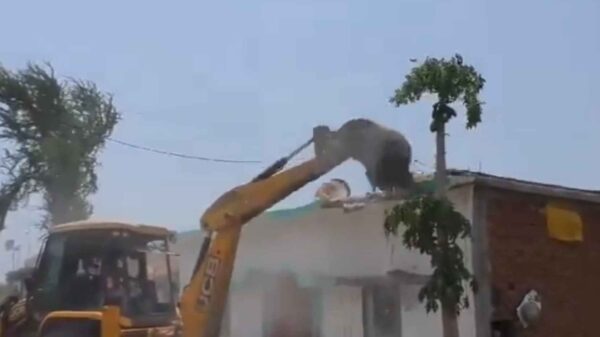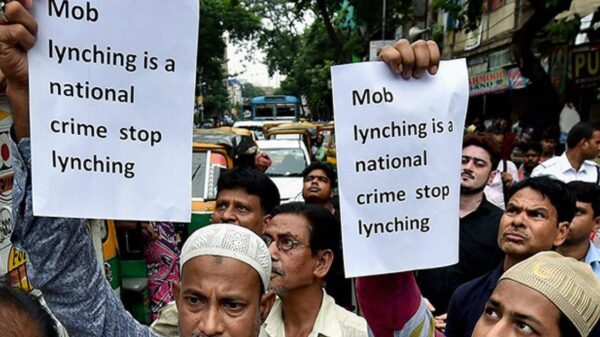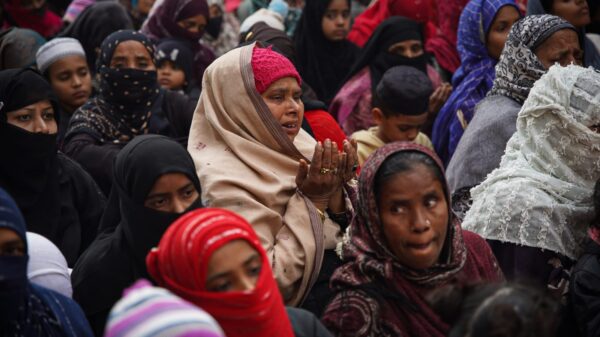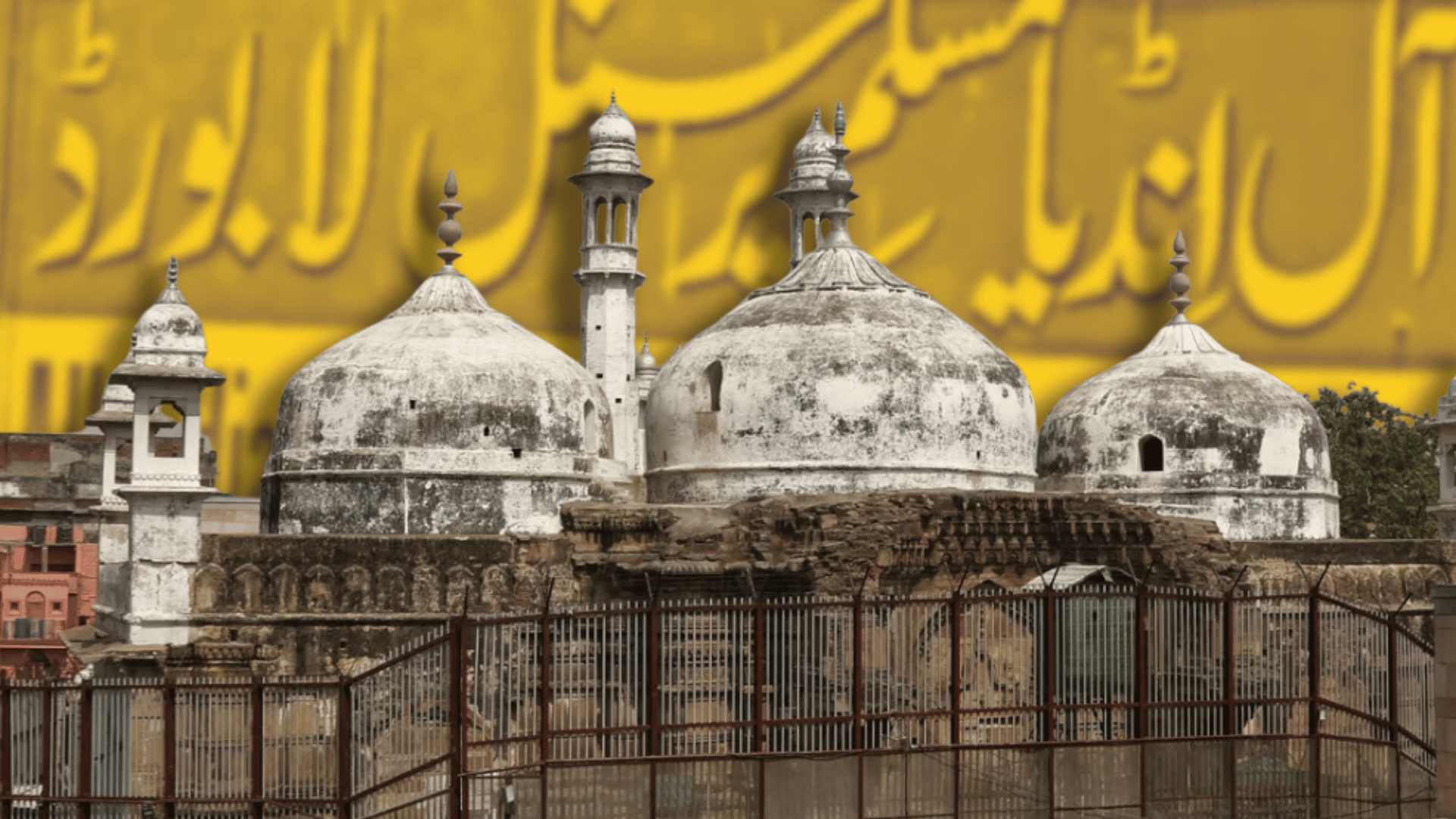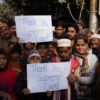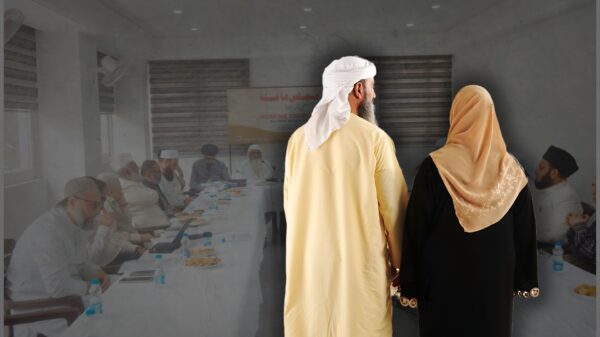The All India Muslim Personal Law Board (AIMPLB) challenged the report of the Archaeological Survey of India (ASI) regarding the Gyanvapi mosque claiming evidence of a pre-existing Hindu temple inside the mosque premises in Varanasi.
Executive member of AIMPLB, Qasim Rasool Ilyas said that the report of the ASI is not “conclusive evidence” in the contentious Gyanvapi mosque case.
In a press statement, AIMPLB accused the opposition party of insulting the court by releasing the ASI report in the media and creating a feeling of ‘anarchy’ and ‘insecurity’ among the public by publicizing it.
The statement said that the Hindu party is attempting to mislead the public in the case, as it has been doing for years. “Hindu communal groups have been consistently misleading the public about the Gyanvapi Masjid for several years. The recent incident involves the Archaeological Survey of India’s report, which was intended for study and preparation, and was made available to the plaintiff and defendant only because of court orders. The opposition party’s decision to release the report to the press is seen as not only disrespectful to the court but also as an attempt to deceive the general public,” he said.
Ilyas also pointed out that the opposition party had previously attempted to deceive the public and create unrest by publicizing it with all their efforts, that the survey team in its report had described the fountain in the reservoir as Shivalinga, although no experts or the court gave any decision on it.
The statement comes after Vishnu Shankar Jain, counsel for the Hindu side claimed that the ASI survey report of the Gyanvapi complex suggests that the mosque was built after demolishing a Hindu temple in the 17th century, while addressing the media on Thursday.
“The 839-page survey report has sufficient evidence of the existence of a temple over which the mosque was built,” he said.
The ASI report reportedly mentioned, “The Arabic-Persian inscription found inside a room mentions that the mosque was built in the 20th regnal year of Aurangzeb (1676-77 CE). Hence, the pre-existing structure appears to have been destroyed in the 17th century, during the reign of Aurangzeb, and part of it was modified and reused in the existing structure.”
ASI said that it duly documented its observations of the architectural remains, art and sculptures, coins, and inscriptions, and found ancient scriptures in Kannada, Devanagari, and Telugu languages about Rudra, Janardan and Vishweshwar, and the reuse of pillars of the old structure in the present one, further asserting that there “existed a large Hindu temple prior to the construction of the existing structure.”
“Sculptures of Hindu deities and carved architectural members were found buried under the dumped soil in cellar S2,” it added.
The report was initially submitted in sealed covers to the Varanasi court but was later made available to both parties for observation and comment with a condition that it would not be made public.
The survey was carried out in a 2150.5-square-meter area in and around the existing structure except the ‘wazukhana’ (an area sealed by the orders of the Supreme Court). It was in compliance with the order of the District Court, Varanasi, dated July 21, 2023, affirmed by the High Court of Allahabad by order dated August 3, 2023, and the Supreme Court of India by order dated August 4, 2023.
The press release of AIMPLB dated January 27th says that the board believes that the result of this report will be the same as the report of the Archeology Department in the Babri Masjid case. It underlined that in the Babri Masjid case, the claim of the ASI report that there was a temple beneath the Babri Masjid, was not proven right in Allahabad High Court and The Supreme Court.
On Friday, the masjid committee ‘Anjuman Intezamia’ also said that it was just a report and not a final judgment. Ilyas further added that the legal committee of the board will examine the report in detail and present it in the court while appealing to the people of the country to not form any opinion on the report until the final decision of the court is given.
AIMPLB is a prominent non-government organization formed in 1973 to safeguard and ensure the continued applicability of the Muslim Personal Law (Shariat) Application Act of 1937.

